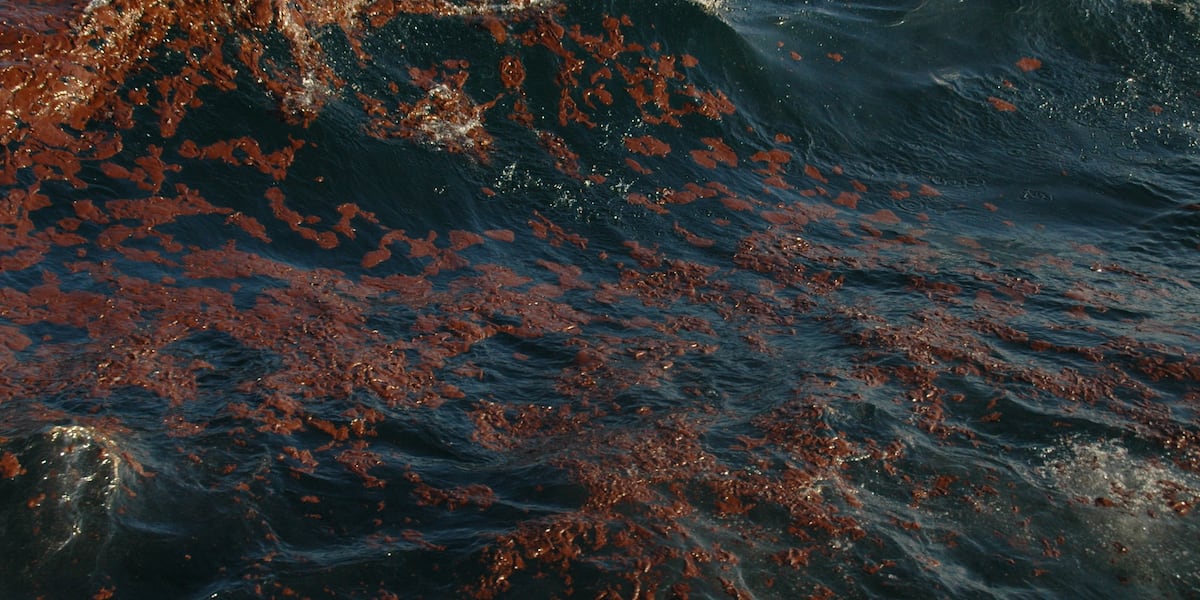Deepwater Horizon: 15 Years Later, Gulf Coast Remembers Devastating Oil Spill

On April 20, 2010, the Gulf of Mexico became the site of one of the most devastating environmental disasters in United States history. The Deepwater Horizon oil rig, operated by British Petroleum (BP), suffered a catastrophic explosion that would forever change the landscape of offshore drilling and environmental protection.
The tragedy unfolded dramatically that fateful evening, when a sudden and violent explosion ripped through the massive offshore drilling platform. Eleven workers lost their lives in the initial blast, while dozens more were injured and traumatized by the horrific incident. What followed was an unprecedented environmental nightmare that would spill nearly 4.9 million barrels of crude oil into the pristine waters of the Gulf Coast.
For 87 excruciating days, oil gushed uncontrollably from the damaged Macondo Prospect well, creating an ecological catastrophe of monumental proportions. Marine ecosystems were decimated, coastal communities were devastated, and the region's delicate environmental balance was severely disrupted. Wildlife suffered immensely, with thousands of marine animals and birds perishing in the oil-contaminated waters.
The economic and environmental consequences were staggering. Fishing industries collapsed, tourism plummeted, and the long-term ecological impact continues to be felt years after the initial disaster. BP was ultimately held responsible, facing billions of dollars in fines and cleanup costs, and becoming a symbol of corporate environmental negligence.
This tragic event sparked crucial conversations about offshore drilling safety, environmental regulations, and the urgent need for more robust emergency response protocols in the energy industry. The Deepwater Horizon oil spill remains a stark reminder of the potential devastating consequences of industrial accidents and our responsibility to protect our planet's fragile ecosystems.
